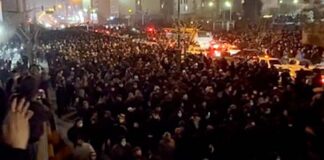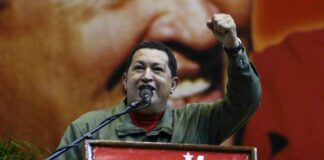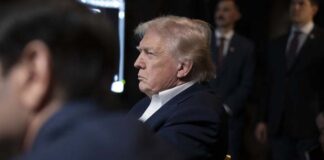Turkey has launched a military offensive inside Syria against the Kurdish controlled area of Afrin.
Once again the Kurds have been abandoned, with imperialist powers including the US and Russia allowing the Turkish military to do as it likes.
The Kurds’ long-running struggle for independence and self-determination deserves support. They have suffered at the hands of both Western imperialism and regional powers across the Middle East for decades. Divided between Turkey, Syria, Iraq and Iran, the Kurdish population of 30 to 35 million is the world’s largest nation without its own state.
Turkey is at war with its own Kurdish population. The PKK has waged a guerrilla struggle for self-determination since 1984. Turkey views Kurdish control of the area along its border by the Kurdish PYD, aligned with the PKK, with horror.
The Kurds have been able to establish their own areas of control in Syria’s north as a result of the war and the weakening of the Assad regime. But this has been based on deals with imperialist powers and the Assad dictatorship.
Initially the Kurdish PYD struck a deal with the Assad regime, standing apart from the uprising against it in return for Assad’s troops withdrawing from Kurdish areas.
More recently Kurdish militias have tried to win US support through offering themselves as fighters against Islamic State. They form the backbone of the Syrian Democratic Forces, fighting with the aid of US airstrikes and 2000 US troops.
The Kurdish PYD in Syria was clearly hoping to repeat the experience of the Kurds in Iraq, who gained US support in the 1990s to establish a semi-independent state.
But the Iraqi Kurds’ move to declare full independence late last year ended in disaster, in the face of opposition from the governments of Iraq, Iran, Turkey and Syria. After 92 per cent of Iraqi Kurds voted for independence, Iraqi government troops seized large areas of Kurdish territory, including the lucrative oil fields of Kirkuk. This ended their chance of a viable independent state.
Deals with imperialist powers are not going to deliver Kurdish liberation. The US is far more concerned with maintaining its relationship with Turkey, a military ally and member of NATO, than with Kurdish freedom.
Sections of the opposition to the Assad regime in Syria have refused to support Kurdish independence. But the hope for Kurdish liberation is bound up with unity between Arabs and Kurds and with the wider workers’ struggles against the dictatorships all across the region.
By James Supple





